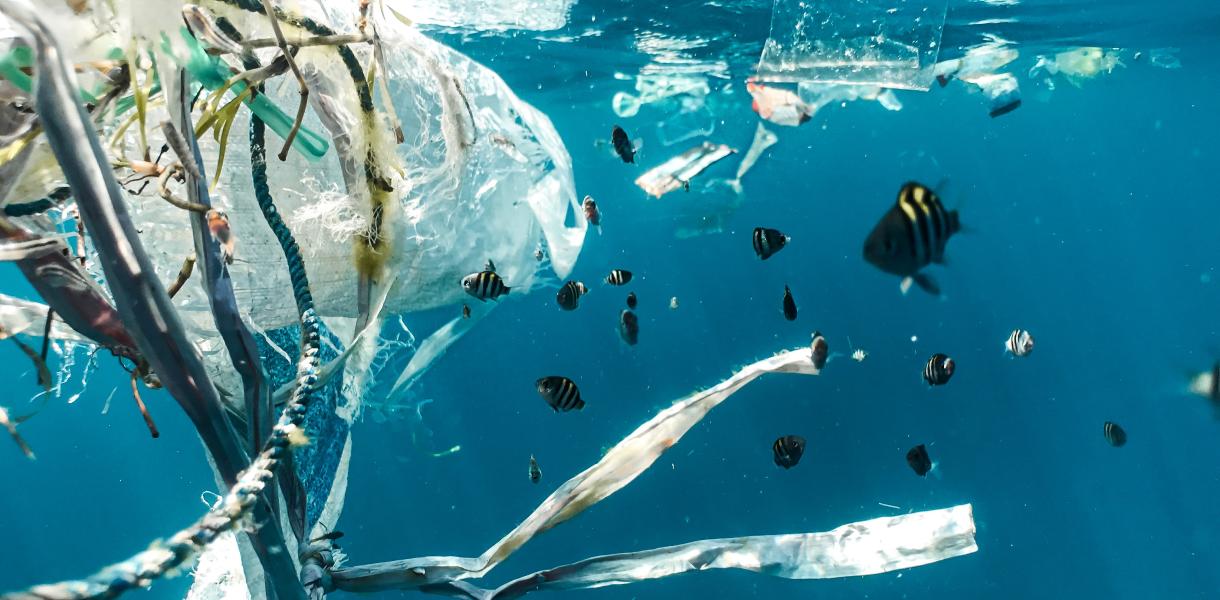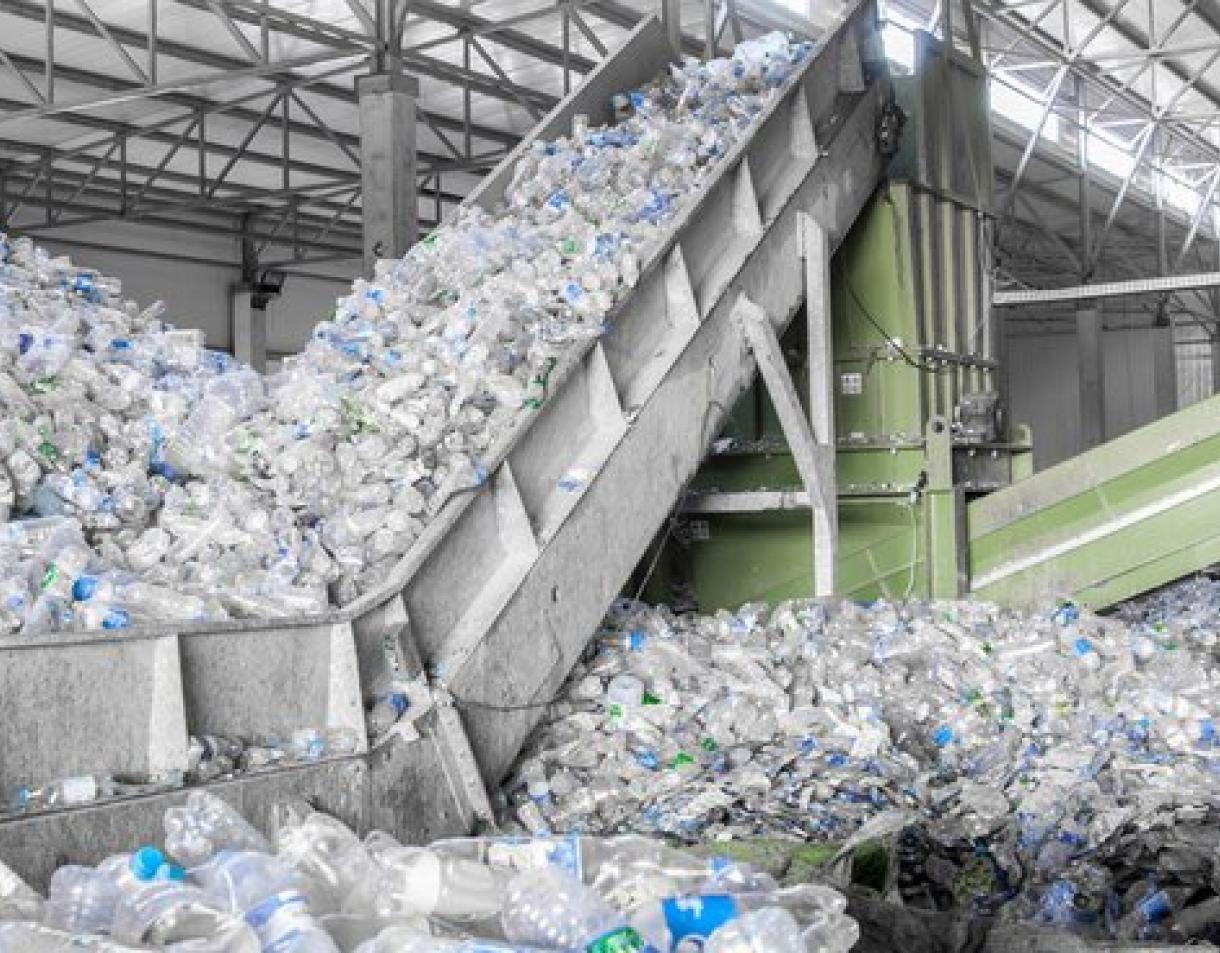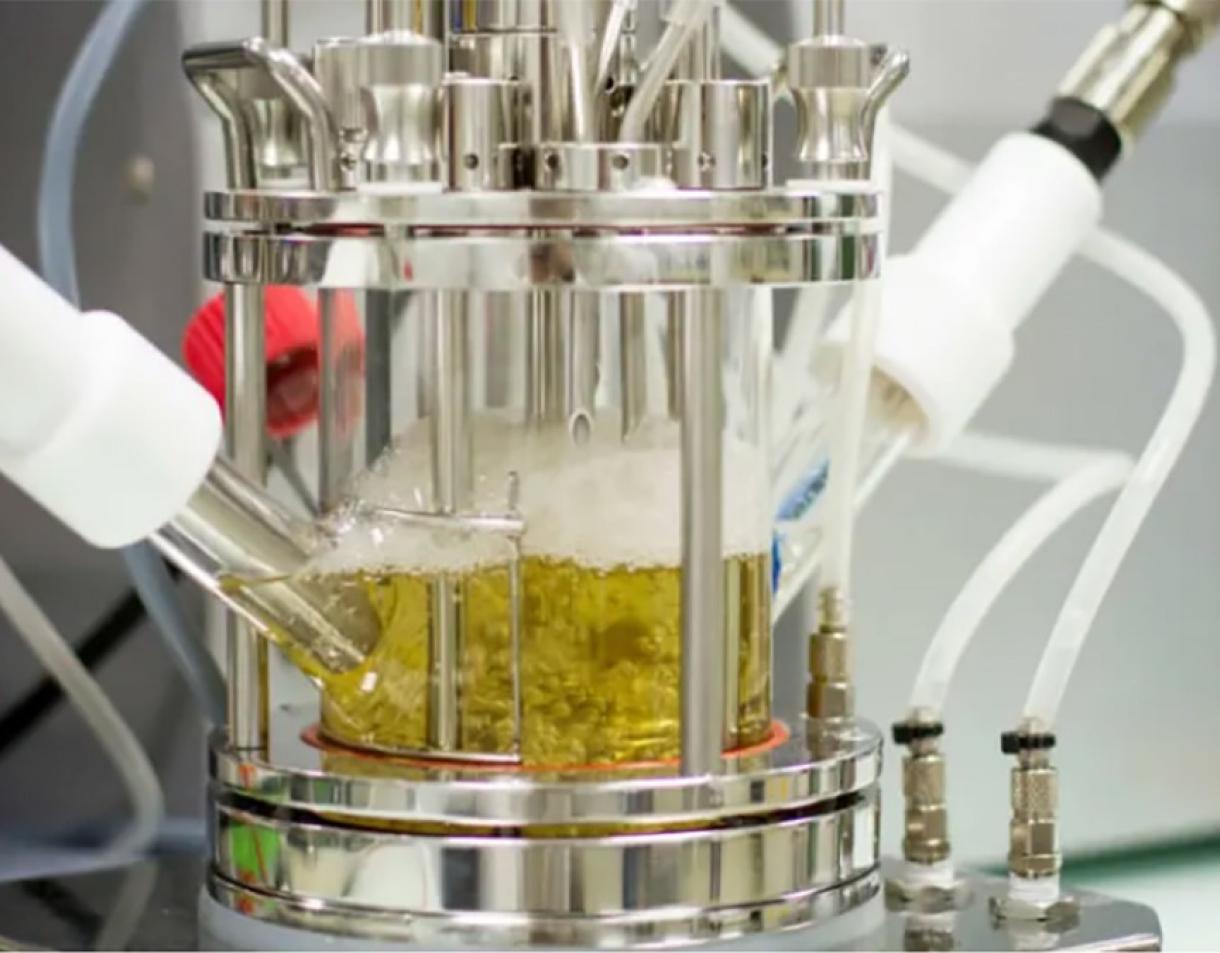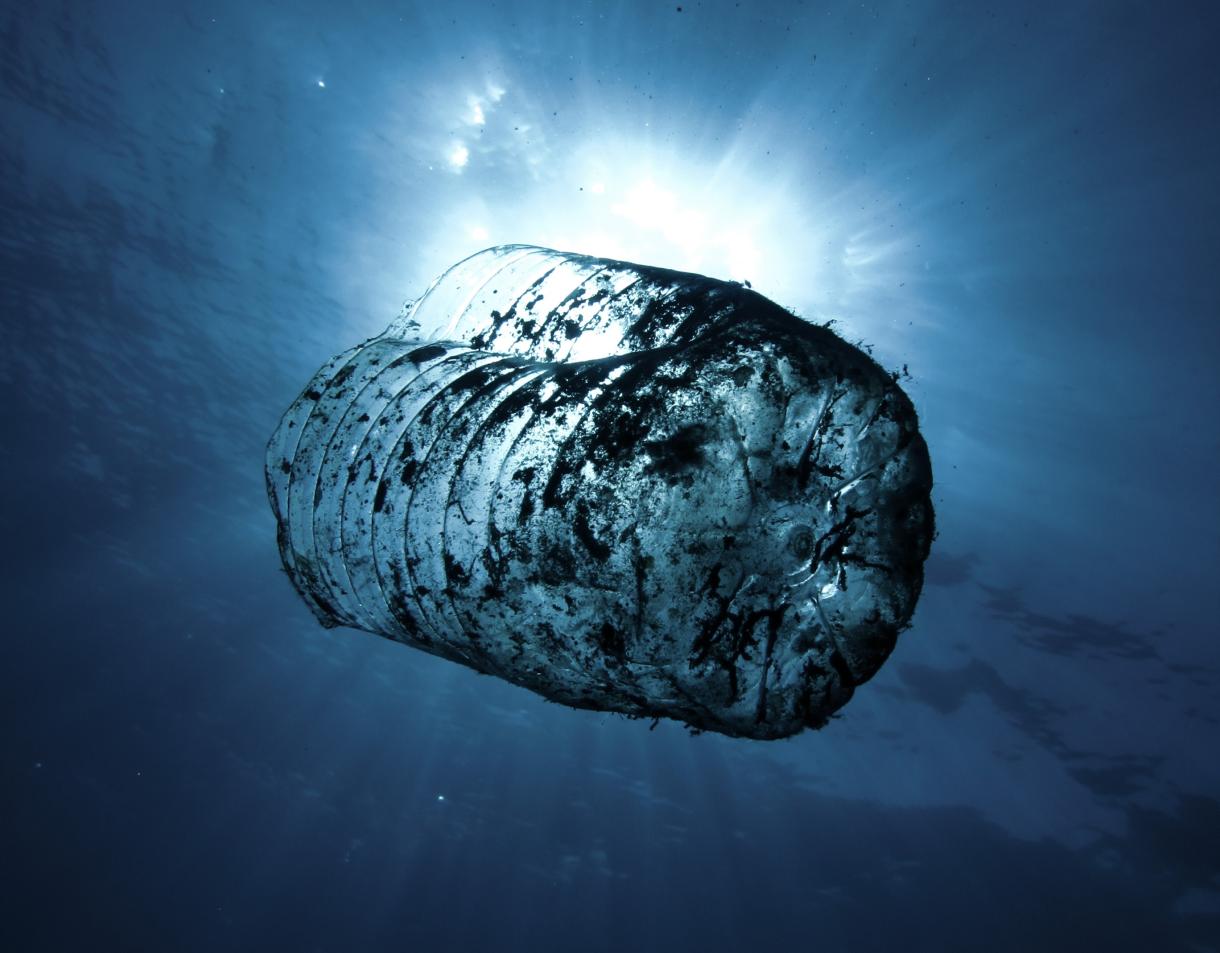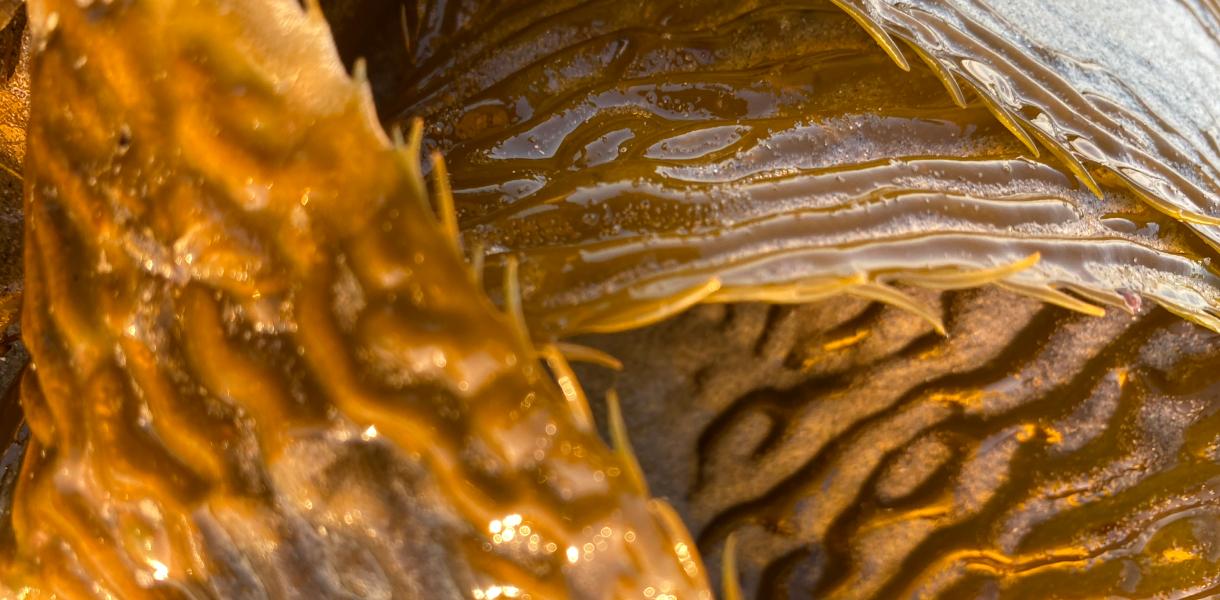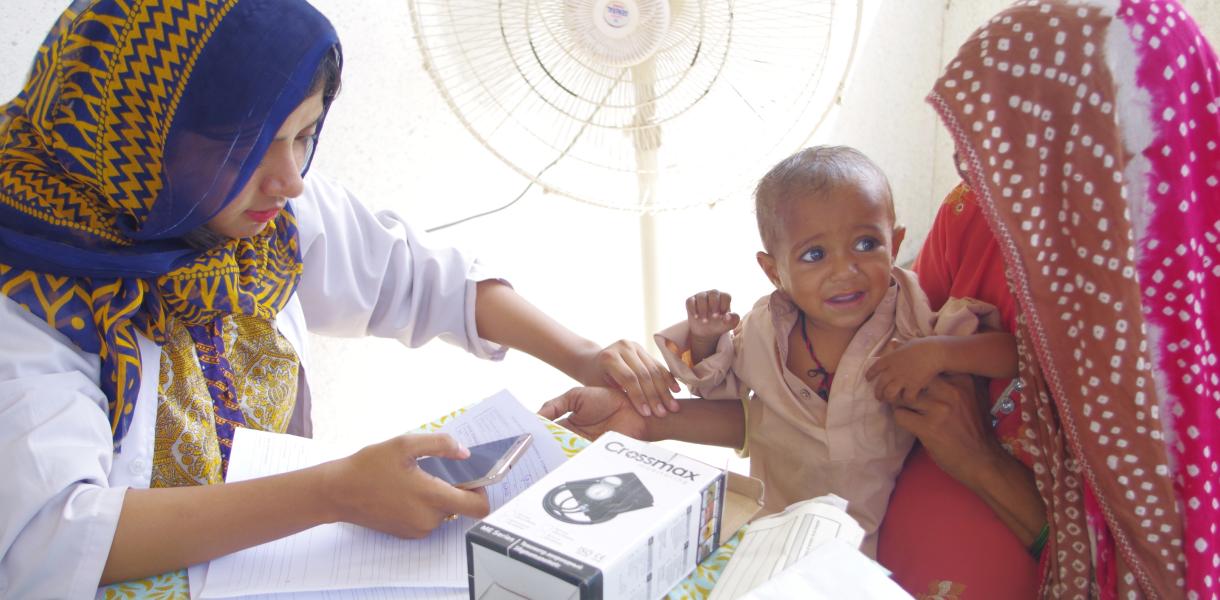What’s the design in a nutshell?
An enzyme that ‘eats’ plastic - that’s it!
Why is it needed?
Today, half of all plastic produced is designed as single-use, often this is polyethene terephthalate (PET); the material commonly used for food and beverage packaging. It’s littering our forests, choking up our waterways and has even found its way onto our plates via the animals we consume. Plastic waste is now so ubiquitous in the natural environment that scientists suggest it could be the legacy we leave behind for millennia to come.
While many argue we need to shift entirely to biodegradable alternatives, we still need to close the loop. But, recycling plastic has its limitations and can be costly and complex, depending on the material. For example, many recycling processes can only recycle unsoiled and clear plastic, and with each new cycle, the quality is lost. This makes it difficult to create new products from 100% recycled PET.
How does it work?
The Carbios Enzyme breaks down the PET contained in plastics or textiles. Unlike conventional recycling methods, the process allows infinite recycling of all types of PET waste, and the production of 100% recycled and 100% recyclable PET products, without loss of quality. In other words, the Carbios Enzyme enables infinite recycling of these materials, whether clear, opaque, complex or of textile origin (polyesters), to produce new materials.
"The Carbios Enzyme, the first of its kind in the world, makes it possible to recover all PET waste."
How does it improve life?
Plastic and textile waste is a precious raw material that should be reused instead of ending up in a landfill. The Carbios Enzyme, the first of its kind in the world, makes it possible to recover all PET waste, including waste that can’t be recovered using current recycling technologies. It meets the growing demand from consumers, public authorities and manufacturers who are committed to going circular. The enzyme could enable us to make a significant dent in the 300 million tonnes of plastic we produce every year.
What’s the impact to date or projected impact?
Currently, at the pilot stage, Carbios’ technology has already made it possible to produce the first batches of transparent PET bottles made from PET waste broken down by the enzyme. An industrial demonstration plant is currently under construction on a site of the Michelin Group in Clermont-Ferrand, which will be completed in 2021. The plant will validate the technical, environmental and economic performance of Carbios’ enzymatic PET recycling process.

